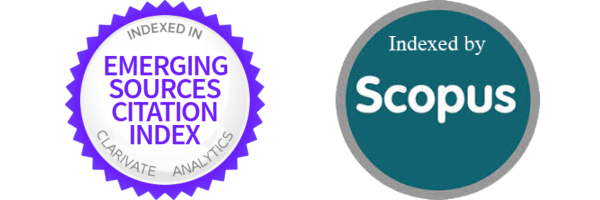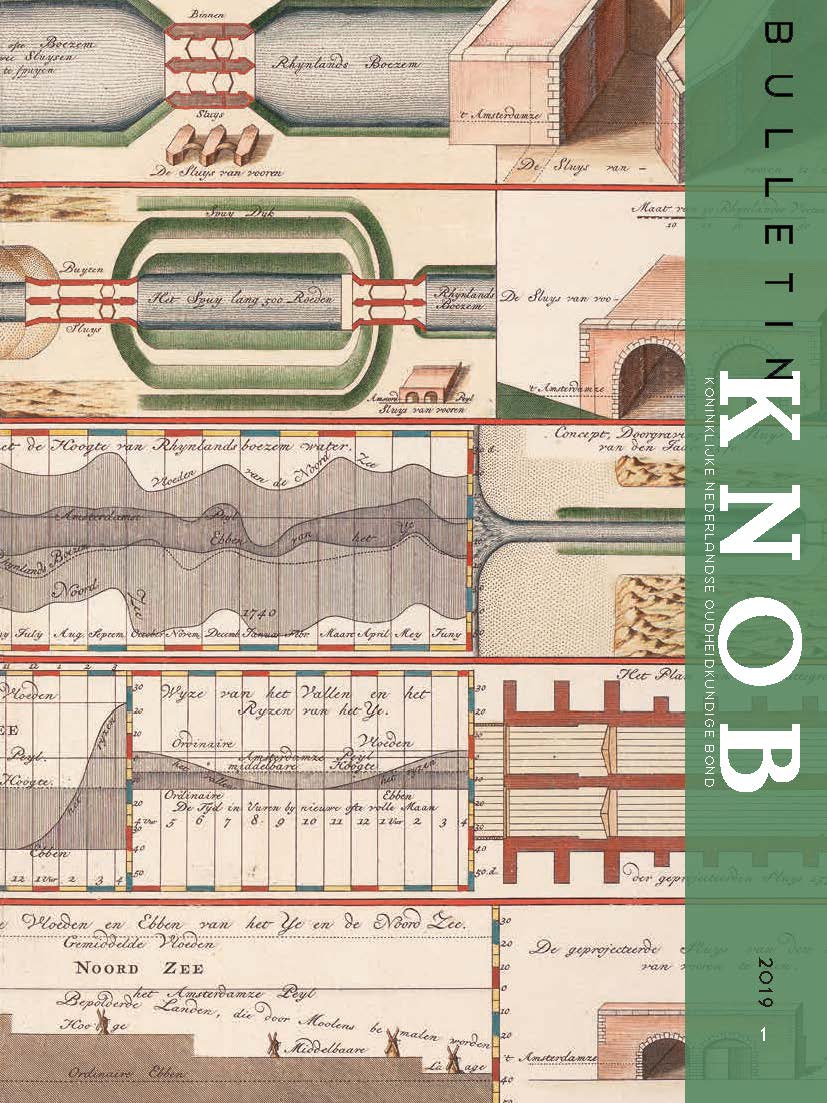Indexing ESCI / Scopus


Gabri van Tussenbroek: Cornelis Ryckwaert (ca. 1635-†1693), bouwmeester in Brandenburg. Export van Nederlandse architectuur in de zeventiende eeuw? Natasja Hogen: Een gezond en comfortabel binnenklimaat als negentiende-eeuwse ontwerpopgave Jaap Evert Abrahamse en Rik Feiken: Driftig veen en onderaards bos. Nicolaas Witsen, het landschap van Amstelland en de grondbeginselen van de moderne geologie Publicaties: Terry R. Slater, Sandra M.G. Pinto (eds.), Building Regulations and Urban Form, 1200-1900 (recensie Monika Chao-Duivis), Ronald Stenvert, Gabri van Tussenbroek (red.), Het gebouw als bewijs. Het bouwhistorische verhaal achter erfgoed (recensie Cor Wagenaar), J. van den Biggelaar, De lelijke jaren zeventig. Moderne architectuur, publieke perceptie en de vroegtijdige sloop van vier prestigieuze projecten (recensie Tim Verlaan)
Thus far, the nineteenth-century history of the technical control of the indoor climate in buildings (ventilation, heating, regulation of humidity) in the Netherlands has received scant attention.
This article shows that the topic requires an interdisciplinary approach because it entails cultural history, scientific history and technical aspects. Cultural history because the demand for greater comfort and the growth of night-time entertainment in the nineteenth century reinforced the demand for some form of indoor climate control. Scientific history because both the causes of a...
Cornelis Ryckwaert is one of the few master builders who were active in Brandenburg in the seventeenth century and of whom more is known than just a name or a place of residence. This makes him especially suitable for a study of the export of Dutch influences in the architecture of Brandenburg.
An analysis of his activities should reveal the nature of any such influence, making for a more nuanced assessment of Ryckwaert’s work and contributing to the debate about what the concept of influence actually entails. This article begins with his origins and his arrival in Brandenburg in...
Nicolaas Witsen (1641-1717) was not just a prominent administrator and diplomat, but also something of a polymath. He delved into geography, cartography, navigation and shipbuilding, as well as ethnography, philology, history, botany, zoology and astronomy. Apart from scientific curiosity, his choice of subjects was influenced by the interests of Amsterdam, of which he was lord mayor on several occasions: thus he took an interest in the expansion of trade, ship building technology and hydraulic engineering works.
This article discusses a manuscript by Witsen that we date to the...
Review of a book edited by Ronald Stenvert and Gabri van Tussenbroek
Review of a book edited by Terry R. Slater and M.G. Pinto
